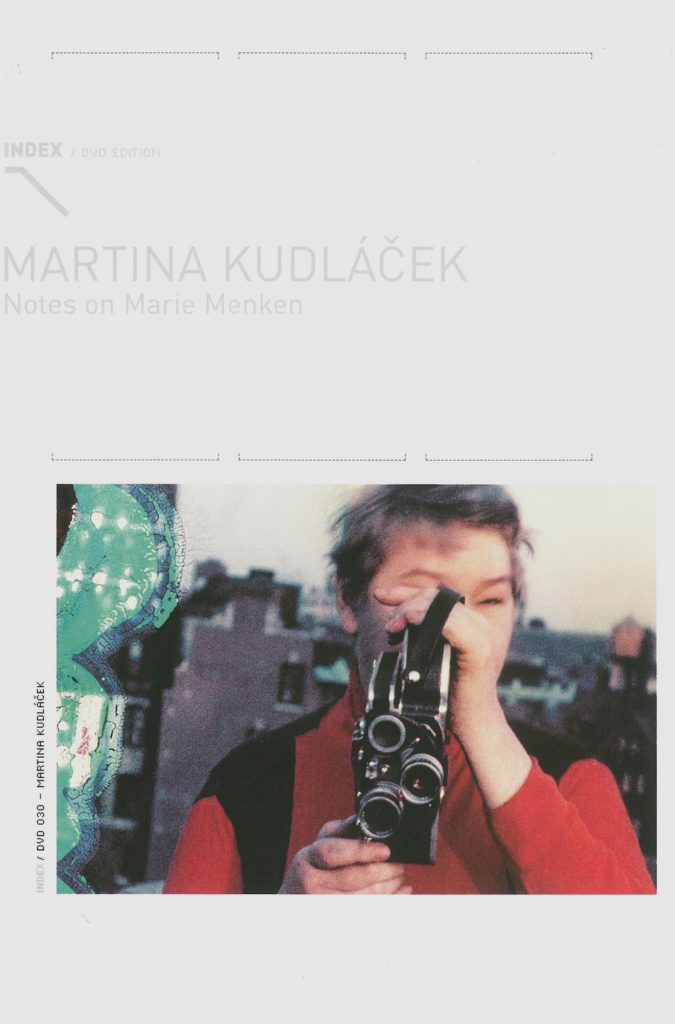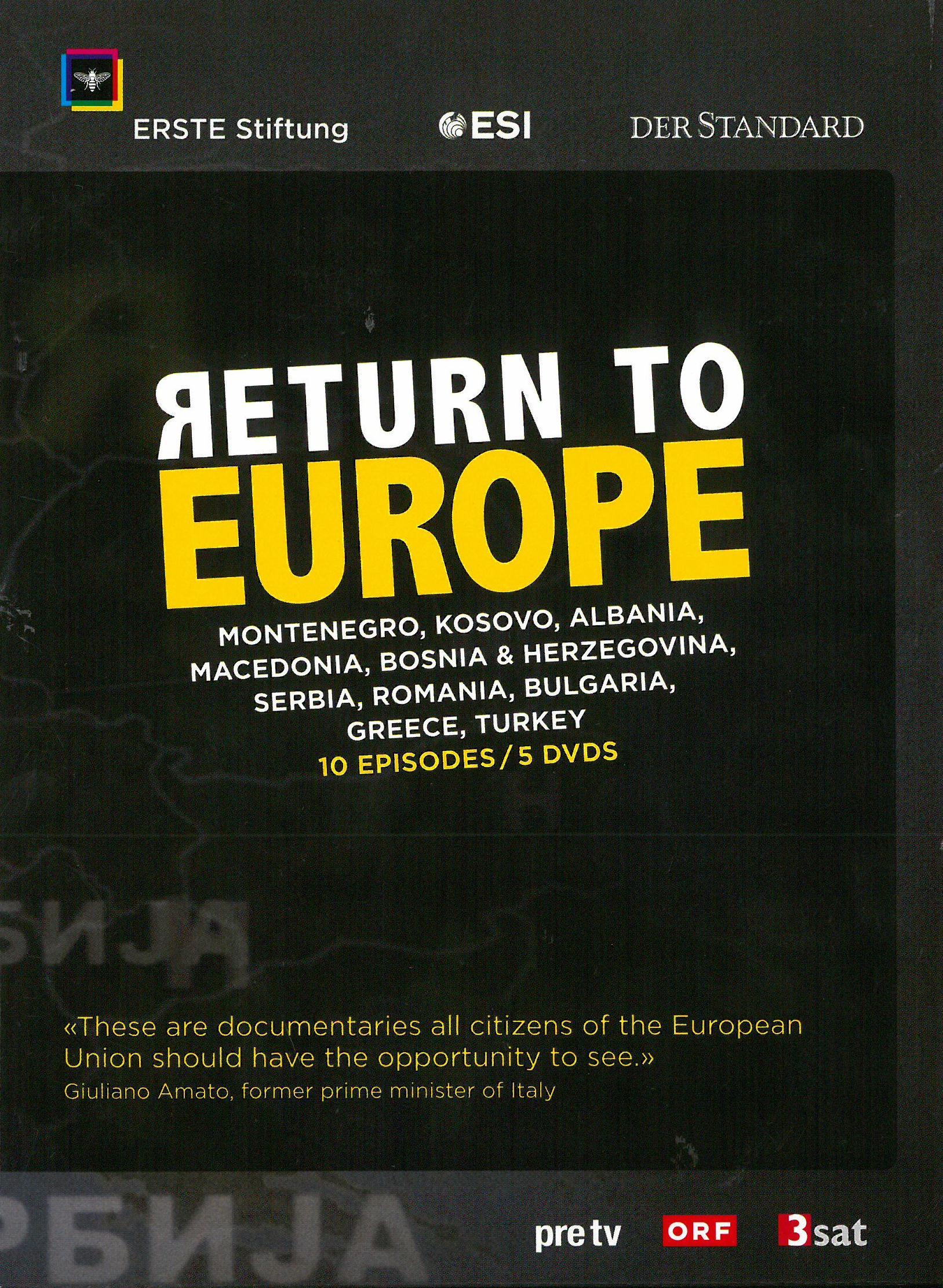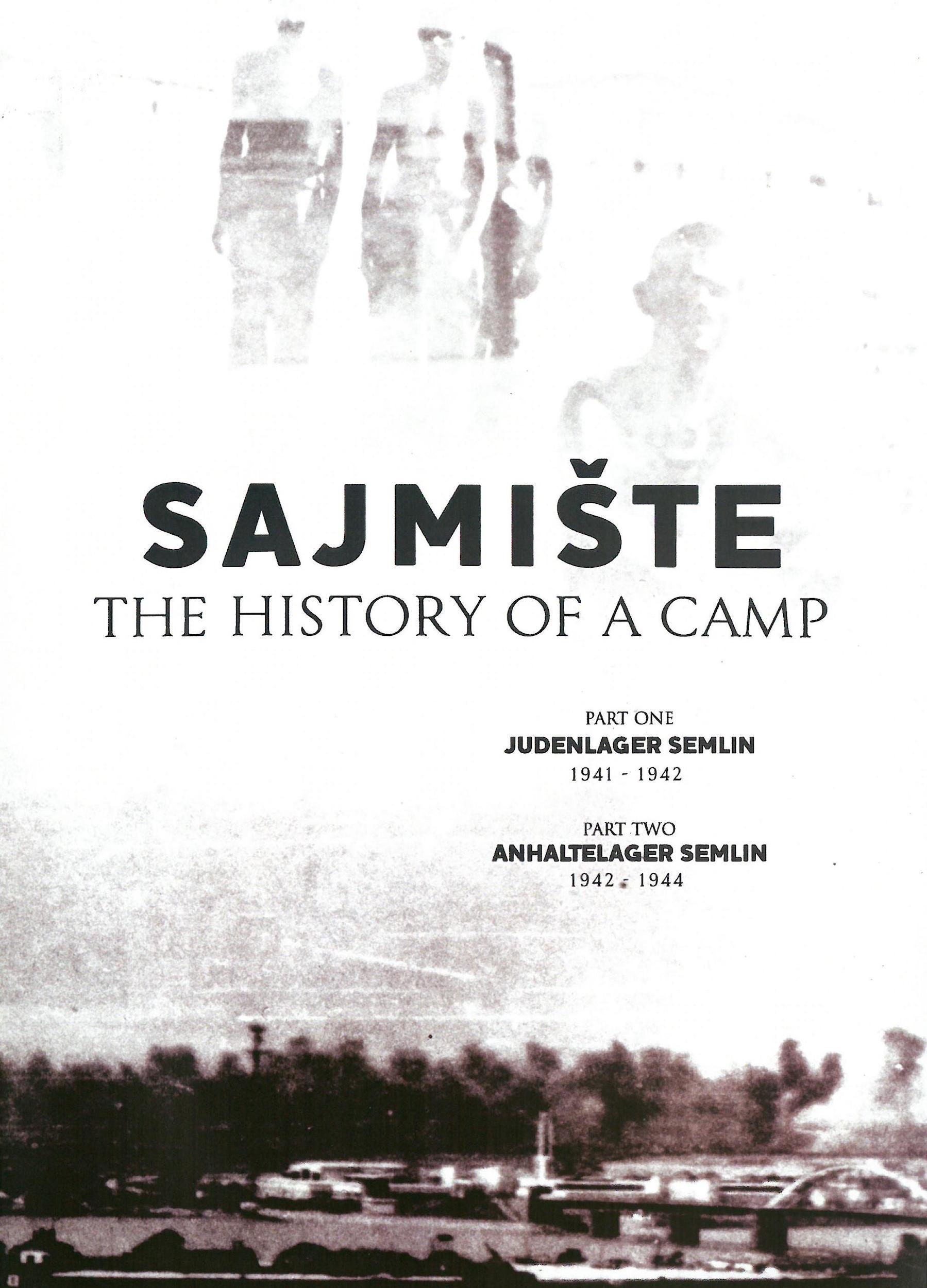Notes on Marie Menken explores the almost forgotten story of the legendary artist Marie Menken (1909-1970) who became one of New York’s outstanding underground experimental filmmakers of the 1940s through the 1960s, inspiring artists such as Stan Brakhage, Andy Warhol, Jonas Mekas, Kenneth Anger, and Gerard Malanga. She was a probable role model of Edward Albee’s Who’s Afraid of Virginia Woolf? and ended up as a Warhol Superstar. The documentary allows a glimpse into her social and artistic struggle and radical integrity, drawing the picture of a modern myth in personal diary style.
“I consider all of Marie’s films as part of one extended notebook.” It is with this laconic remark that Martina Kudláček introduces her exploration of the Lithuanian/American artist and filmmaker Marie Menken. This notion of the “extended notebook” not only applies to Menken’s lyrical, sometimes diary-like filmmaking but also to the way Kudláček approaches the artist’s life and work: Biographical fragments and clippings from Menken’s films intersect, as Kudláček’s opening of the archive and the gems she unearths there enter into a dialogue.
Tenderly intimate and kaleidoscopically fragmented at the same time: That’s how one could describe the structure of the film, which first of all captivates with its consistently dichotomous organisation: original footage – mainly clips from the films Menken made between 1957 and 1966 – in colour (and 16mm) and black-and-white video sequences of accounts and statements about the artist. Not only does this allow the art of the woman portrayed to emerge more clearly than would be the case if colour and formats were mixed; it also grants the interview passages and the archival explorations a significance in their own right.
The “living” testimonies about Marie Menken provided by eminent figures of avant-garde film, including Jonas Mekas, Kenneth Anger and Gerard Malanga, mix the documentary and the poetic for their own benefit – just as Menken’s films are presented as a mix of contemporary document and lyricism. Jonas Mekas contributes a small “video letter”. In it, he shyly offers a Lithuanian children’s song to the secret mother of New York’s avant-garde: A little girl, blossoming like a rose in a garden, must know how to attract a young man, it says. This too is a note which, like so many in Notes on Marie Menken, seems tender and fragmented at the same time. Fragmented, because, with her films, Menken proved that hers was not at all the part of the little girl, even though in her work she explored a kind of undisguised innocent vision. Tender because Mekas uses it to articulate a blend of poetry and affection that not only characterises Menken’s films but also the way Mekas, and subsequently Kudláček, relate to them. Notes on Marie Menken illustrates how this mix, the tenderly assembled fragments of the extended notebook can be taken further with the means of film. (Published first in Stadtkino-Programme notes #431, Vienna September 2006)
This publication is available at ERSTE Foundation Library.





